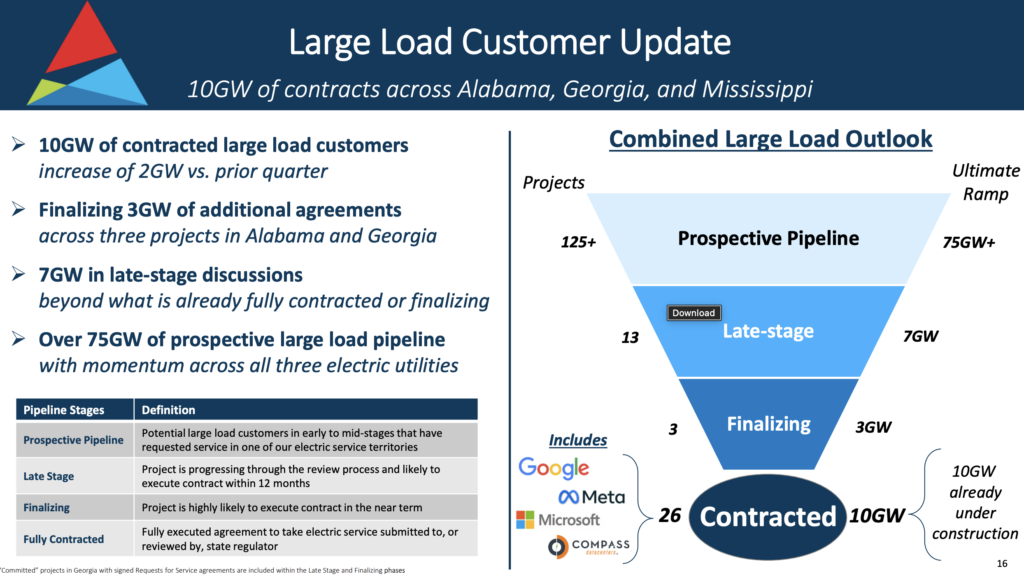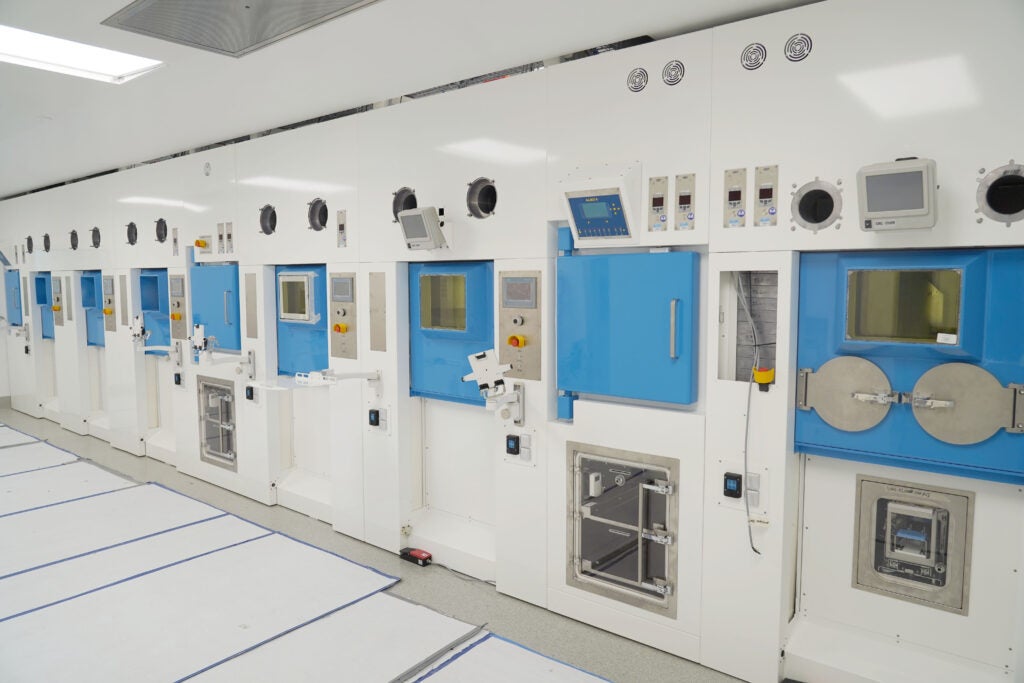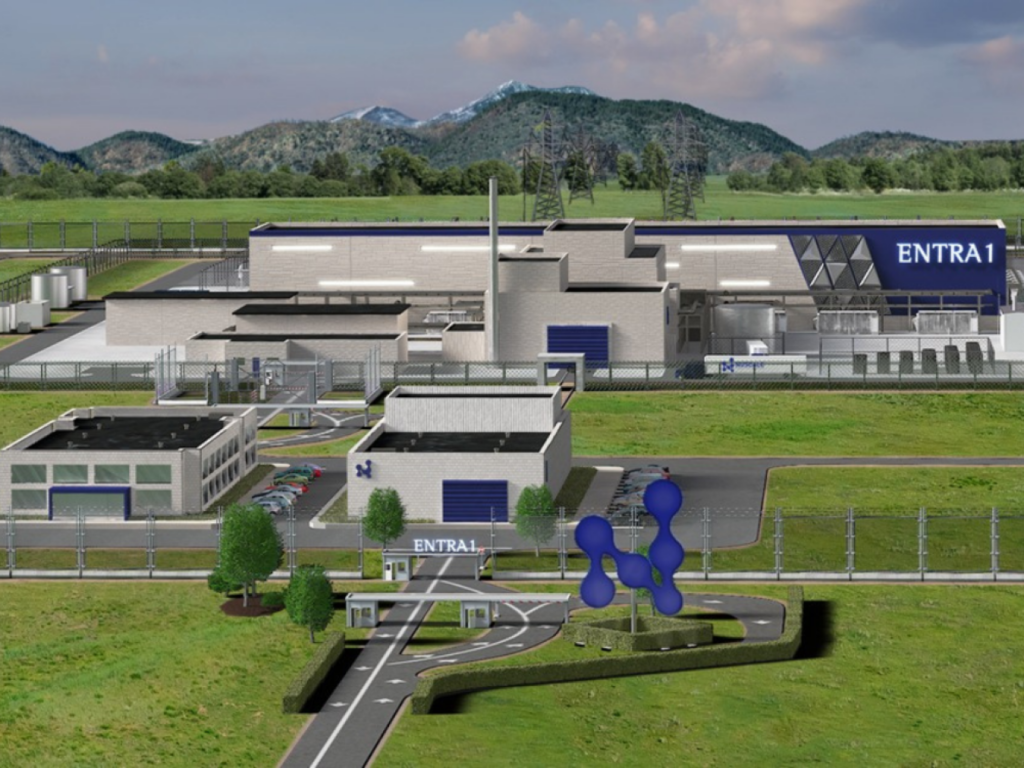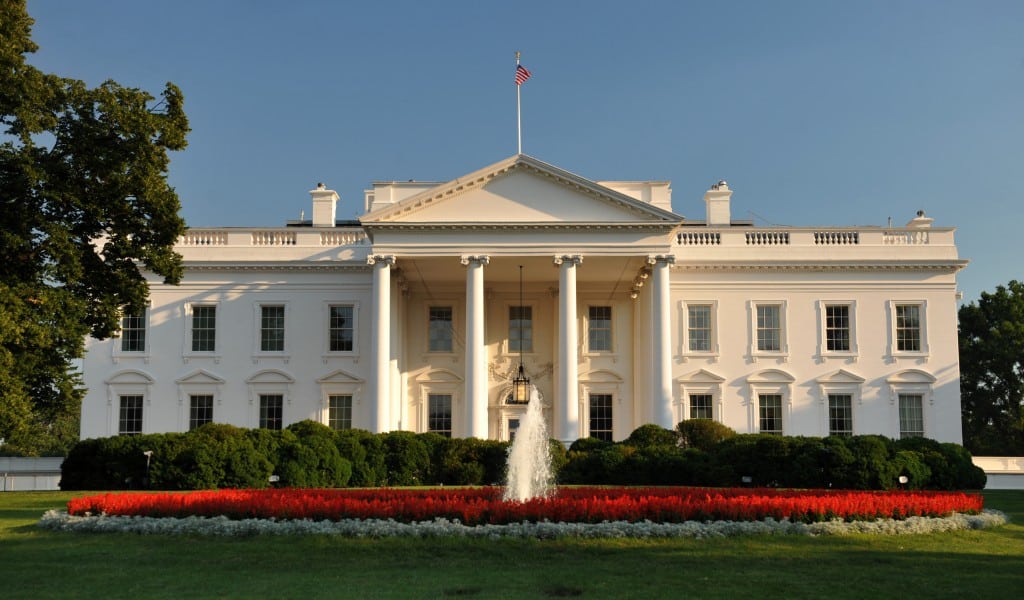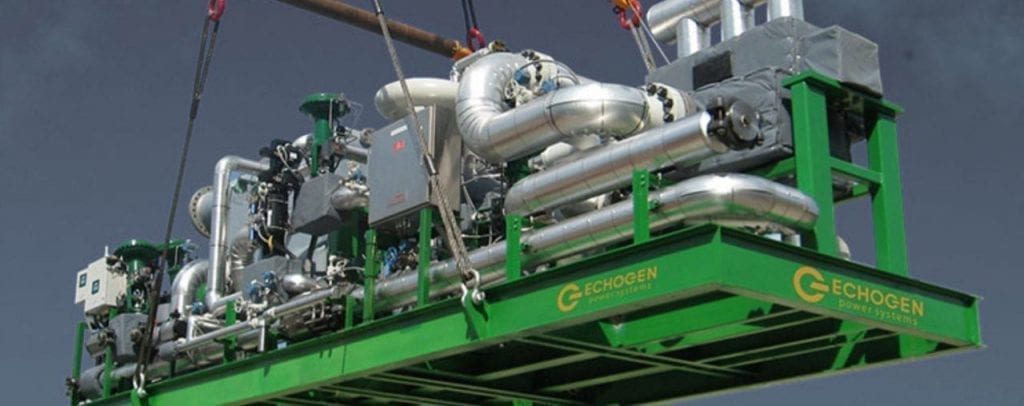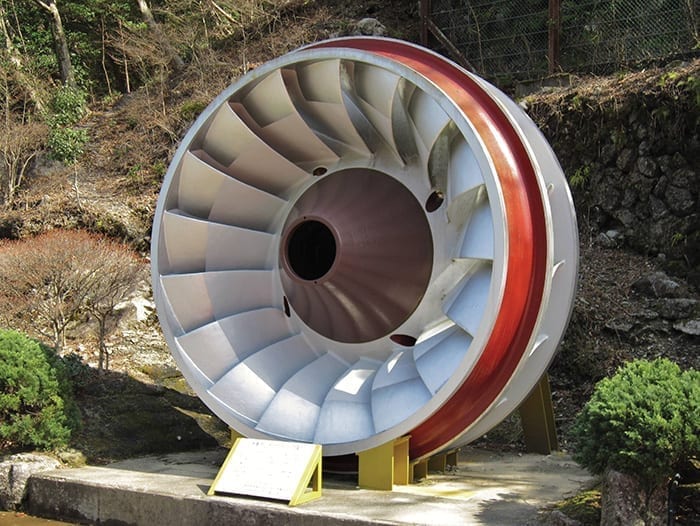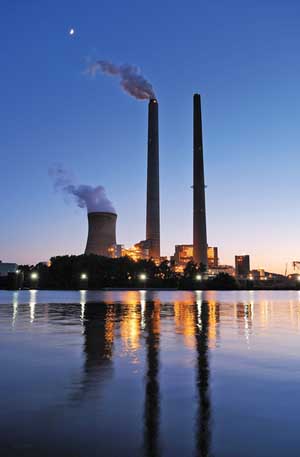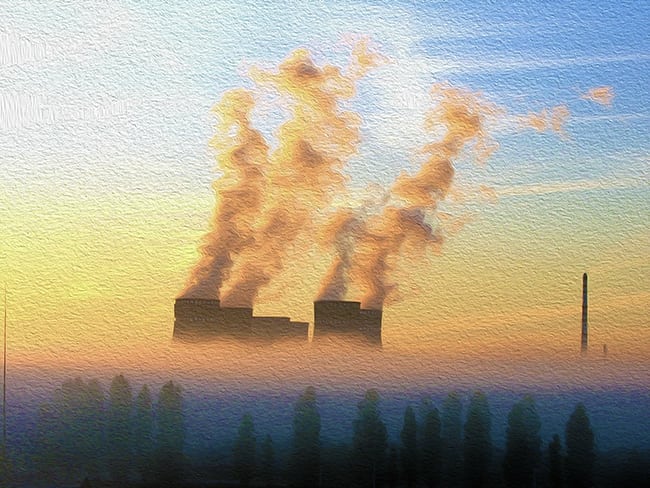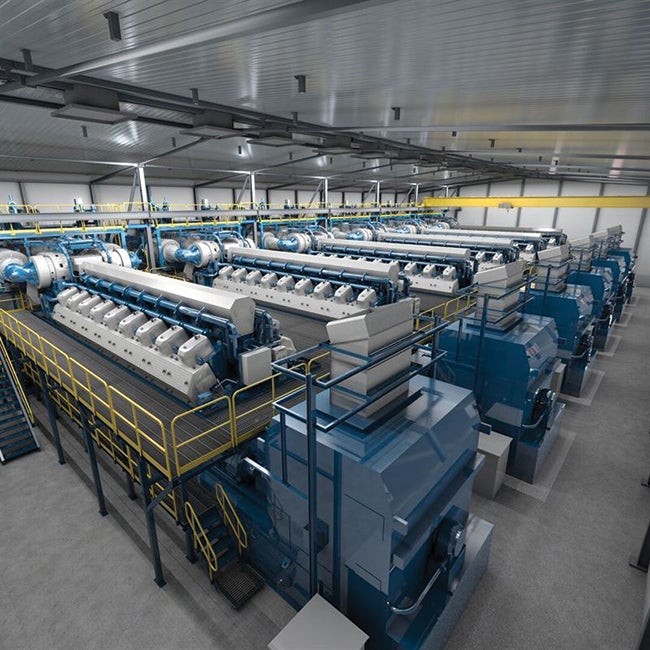During his June 2007 speech to the National Press Club, presidential candidate and former U.S. Senator John Edwards called America’s 37 million residents living below the poverty line "the great moral issue of our time." He proposed setting a national goal of ending poverty in 30 years.
The Heritage Foundation, a conservative think tank, disputed Edwards’ numbers in its August 2007 backgrounder but did conclude that "the most common problem facing poor households was late payment of rent or utilities." Three months later, Edwards failed to note the disproportionate impact that reducing CO2 emissions would have on the poor when he stated, "We must halt global warming… if we don’t act now, it will be too late."
Consumption, Emissions Rising, Too
A recent study exemplifies what I consider an elitist attitude that has become more prevalent in discussions of ways to mitigate climate change. "The Implications of Historical Decline in U.S. Energy Intensity for Long-Run CO2 Emission Projections," published in the November issue of Energy Policy, studied the interplay between technology and energy prices.
"We found that, in spite of increasing energy prices, technological change has not been responsible for much reduction in energy use, and that it may have had the reverse effect," wrote the authors, Professor Emeritus Richard Eckaus of MIT’s Department of Economics and Ian Sue Wing of Boston University. They found that historical growth rates for energy consumption and greenhouse gas (GHG) emissions "may accelerate from the historical rates of 2.2% and 1.6%, respectively." The most recent Energy Information Administration statistics predict consumption will grow by 2.1% in 2007 but only by 0.5% in 2008.
The authors’ real agenda surfaced when they had to face the prospect of blaming technology for our insatiable appetite for all things electric. "There is no ‘a priori’ reason to think technology has the potential for reducing energy use while meeting the tests of economics. It’s politically unappetizing in the U.S., but in Europe, gas costs six dollars a gallon. Make energy more expensive: People will use less of it," they wrote. Blaming the failure of electricity conservation programs on low electricity prices seems a bit odd to me.
Cutting Carbon Creates Cost Conundrum
Draft legislation (S. 2191) currently being marked up by a subcommittee of the U.S. Senate Committee on Environment and Public Works proposes a cap and trade system for GHG emissions. It would give the largest share of initial emission allowances to coal-fired utilities. Edwards called the allocation scheme a "massive corporate windfall" that will hurt consumers. Senator, you can’t have it both ways.
If the value of a carbon credit were to reach $15 per ton, annual sales of allowances could approach $100 billion. Clearly, under S. 2191, coal-fired utilities would be the major purchasers because they would find it hardest to meet what are likely to be ever-decreasing limits on emissions of CO2 and other GHGs. The cost of buying the credits would invariably be passed on to ratepayers, rich and poor alike.
The average American household’s monthly electric bill, about $90, reflects the low cost of coal, which fires 50% of U.S. electricity generation. With the poverty line for a family of four now at $20,650 per year, millions are already struggling to cover rising gasoline and medical costs. What happens to those families when the cost of coal-fired electricity doubles or triples?
Keep Priorities Straight
S. 2191 mandates using 5% of the proceeds from sales of emissions credits to ease the burden of higher electricity bills on the poor. On average, only 0.15% of a state’s allocation of allowance-trading proceeds will go to programs designed to help low-income folks. But up to 45% is earmarked for funding "zero- or low-carbon technologies programs." As a result, the OEM carbon welfare program that the legislation will spawn will dwarf the total amount set aside to help those less able to pay the freight. It’s hard to worry about polar bears losing their habitat while you’re deciding whether you can afford to pay your utility bill this month.


